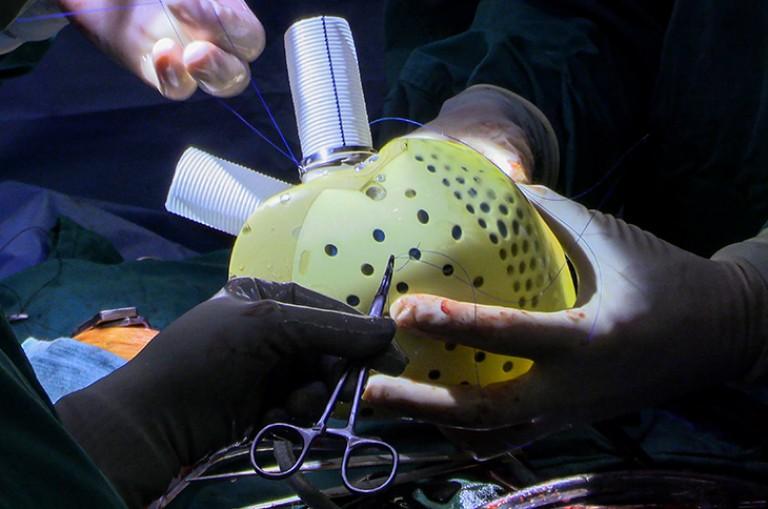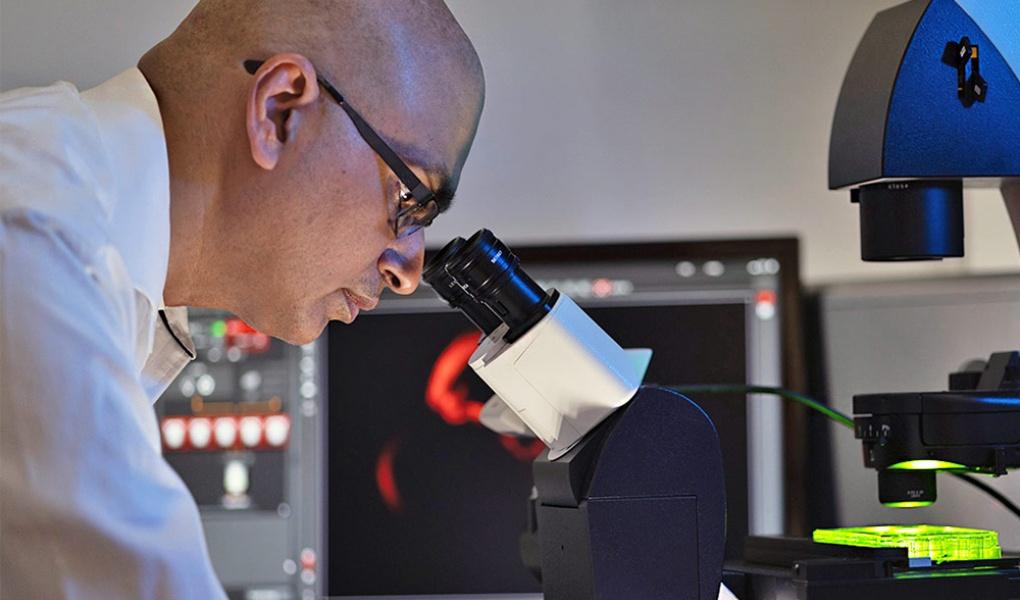Graduation 2021: Karl Hofmeister, Cardiac Ultrasound Technician
With many of my family members working in the medical field I always held a goal of pursuing it myself but wasn't sure what would be the best option for me. When I first found out that Duke was starting a program for cardiac ultrasound I was unfamiliar with the roles and responsibilities it held in healthcare.
Duke Researchers Win the RNA Society's 2021 Inaugural Art and Music Competition
Unbeknown to most, artists and scientists actually have a lot in common—they both labor over creating the visual representations of their work.
Cancer Death Rates Declined More Steeply in States that Expanded Medicaid
Cancer deaths were lower in the five states and District of Columbia that expanded Medicaid early-on as part of the Affordable Care Act, compared to states that did not expand the federal insurance
New Generation Artificial Heart Implanted in Patient at Duke – First in U.S.
A surgical team at Duke University Hospital, led by Drs.
Higher Rates of Alzheimer’s Deaths, Hospitalizations Correlate with Air Pollution
In areas of North Carolina where the air has higher levels of particle pollution than the World Health Origination recommends, Duke Health researchers have found that residents had elevated rates o
Metabolomics Lab's Analysis Finds Near-meat and Meat Not Nutritionally Equivalent
Neither is good or bad, they are just not the same, authors say.
Bringing Back Helpful Gut Worms
William Parker, associate professor of surgery at Duke University School of Medicine, was a guest on Constant Wonder, a podcast from BYU Radio.
Getting Personal with Blood Cancers
For most cancers, advances in genomics haven’t changed treatment strategies very much. Sandeep Dave, MD, MS, envisions making personalized treatment a reality for more patients, by developing and making better use of tools that already exist.









